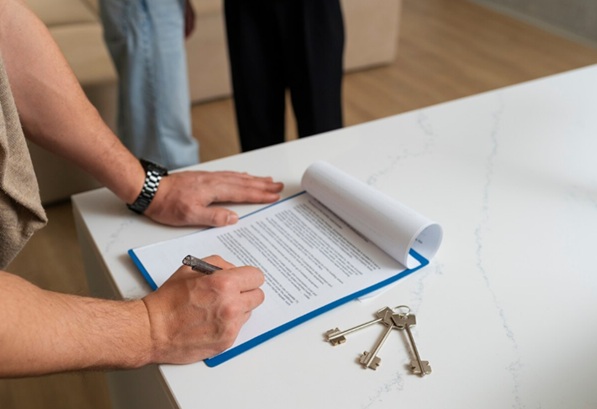Losing a loved one is never easy. On top of the emotional weight, there’s often the added stress of managing their estate and final affairs. If your loved one owned property or assets in Florida, there’s a good chance the estate will need to go through probate. This legal process helps ensure that assets are properly distributed, debts are settled, and the decedent’s wishes (if there’s a will) are honored.
If you’re feeling overwhelmed, you’re not alone. Many families are unfamiliar with how probate works—especially in Florida, where the laws can be a little different from other states. This guide breaks down the process into manageable steps so you can navigate it with more clarity and confidence.
What Is Probate?
Probate is the court-supervised process of identifying and gathering a deceased person’s assets, paying their debts, and distributing what remains to beneficiaries. It may sound complicated, but it’s designed to protect both the estate and the heirs. In Florida, probate is handled by the circuit court in the county where the decedent lived.
Step 1: Determine If Probate Is Necessary
Not every estate in Florida must go through formal probate. For example, assets held in a trust, joint accounts with rights of survivorship, or life insurance policies with named beneficiaries typically bypass probate.
Florida offers two types of probate administration:
Formal Administration (the most common)
Summary Administration (used for smaller estates or when the decedent passed away more than two years ago)
A knowledgeable probate professional can help determine which type applies to your situation.
Step 2: Locate the Will (If There Is One)
If your loved one had a will, it should be filed with the probate court. The will usually names a personal representative (sometimes called an executor) who is responsible for overseeing the estate.
If there’s no will, the court will appoint someone—usually a close family member—to serve in this role.
Step 3: Petition for Administration
To begin the probate process, a petition must be filed with the court. This is essentially a request to open the estate and appoint the personal representative. Once approved, the court issues “letters of administration,” granting legal authority to act on behalf of the estate.
Step 4: Identify and Inventory Assets
The personal representative must then locate all of the decedent’s assets. This includes bank accounts, real estate, vehicles, stocks, personal belongings, and even digital assets. A formal inventory must be filed with the court, listing all known property and estimated values.
Step 5: Notify Creditors and Pay Debts
Under Florida law, known creditors must be notified of the probate case. They are given a specific timeframe (usually 90 days) to file claims for any debts owed. The personal representative is responsible for reviewing, approving, and paying valid claims using estate funds.
Step 6: Distribute Remaining Assets
After debts and taxes are paid, the remaining assets can be distributed to beneficiaries according to the terms of the will—or Florida’s intestate succession laws if there is no will. This step is often what families look forward to the most, but it must be handled carefully and in accordance with court procedures.
Step 7: Close the Estate
Once all tasks are completed—debts paid, assets distributed, paperwork filed—the personal representative can petition the court to close the estate. When approved, this officially ends the probate process.
Final Thoughts
Probate in Florida can feel like a maze, especially during a time of grief. But understanding the steps involved helps take some of the mystery out of the process. Whether you’re just starting or in the middle of probate, know that help is available and that you don’t have to manage it all alone.
A well-handled probate process can offer closure, honor your loved one’s legacy, and ensure everything is done properly under Florida law.
This post was written by a professional at Bonardi & Uzdavinis, LLP. Bonardi & Uzdavinis, LLP is a boutique, full service law firm providing its clients with a wide range of representation. Our primary areas of practice include real estate, tampa probate attorney, personal injury, construction, and commercial litigation. If you are looking for a real estate attorney or personal injury attorney in Tampa Bay contact us today for a case evaluation today!

